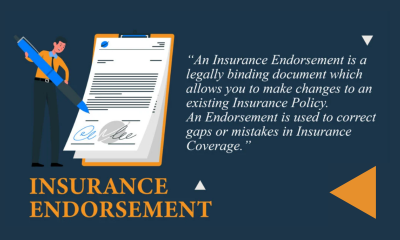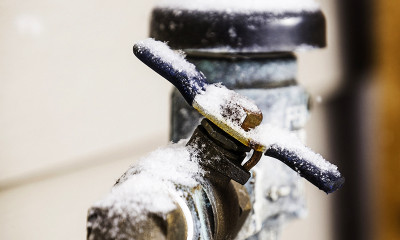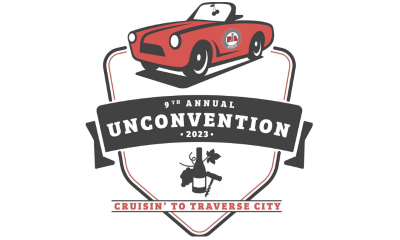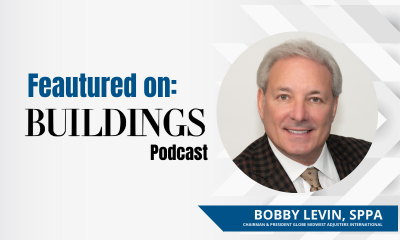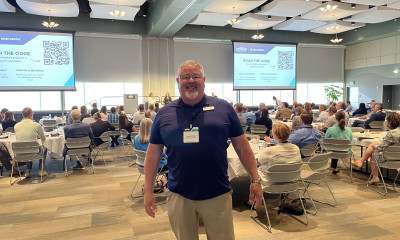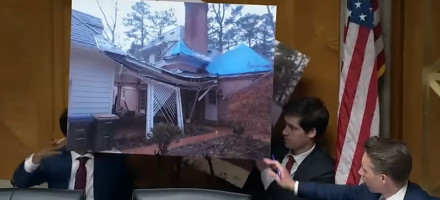What Can Go Wrong with Your Commercial Insurance Claim?
When your business or property suffers damage due to a fire, broken or burst pipe, or another disaster, your focus should be on maintaining operations and making vital business recovery decisions. The property insurance claim process is complicated, and time consuming which is why having a team of experts on your side is crucial.
While the devastation of suddenly experiencing a catastrophic loss to your property or an interruption to your business is personal; you must remember in the aftermath that the insurance claim process is strictly business. After all, an insured’s relationship with their carrier is contractual — an insurance policy is a legal business contract!
Accordingly, there are a few categories where the insurance company may read and interpret the insurance policy in a different way than you would. An insurance policy is a legal document that contains coverages and exclusions that you might not realize, as well as deadlines and timeframes that, if missed, can hurt the settlement of your claim.
Most policyholders are surprised to learn that paying their insurance premium is not their only obligation to be able to make a claim. Another obligation for policyholders is to demonstrate to the insurance company how much they are owed post-disaster. The insurance company will offer a settlement amount based on their assessment of damage and the type of coverages that you have but remember that you do not have to accept their offer. Accordingly, it is important to make sure that all the damages are properly identified and valued; especially any estimates for the cost of repair and or restoration of the property; as this will have a direct impact on your settlement amount.
There is no universal scale when it comes to “depreciation” of real and personal property, to measure how much depreciation should be applied, or the rationale for it. When reviewing the insurance company’s estimates, make sure that items which, should be “replaced” are not being “repaired” instead. Remember, property insurance coverage entitles you to be standing in the position you were in prior to having the loss; so, settling for repair of property when the right solution is replacement, should be avoided.
If you took the damaged building and turned it upside down, all the items that would fall out are considered personal property/business contents. It is a requirement for the policyholder to document for the insurance company all the contents that were damaged or destroyed — spanning from something as small as a toothbrush to as large as an appliance — which can be very tedious and sometimes feel impossible to do. Policyholders must be diligent and make sure that the property inventory is complete and that the true values of each damaged/destroyed item is supported with documentation. Even with personal/business property, depreciation is applied, so here too, it is important to understand the insurance company’s logic and its application.
For those businesses whose operations have been interrupted by a natural or man-made disaster, the “business interruption” portion of a claim can be difficult to document and prove, so involving a forensic accountant is a prudent move to ensure that your business’s interruption and extra expense losses are fully accounted for. Be sure to understand the insurance policy requirements for calculating business interruption losses. Also be sure to identify the proper information that should be “included” or “excluded,” as the case may be, into these calculations. Special attention should be paid to the “period of restoration” as well as the tracking of “extra expenses.”
Commercial property insurance claims can be complex and time-consuming, especially if you do not have any previous experience handling claims. One of the most valuable options that you have as a policyholder is the ability to hire your own property loss experts to help prepare, estimate, negotiate, and settle your claim on your behalf, while informing you every step of the way. That is where we come in as public adjusters. Enlisting the help of our public adjusters will give you the peace of mind that you will receive the correct settlement amount.
As the Midwest’s largest and oldest public adjusting firm, Globe Midwest™ Adjusters International’s core focus is exclusively representing property and business owners, during the insurance claim process, to get our clients a fair and just insurance claim settlement amount. With offices in Southfield and Grand Rapids, Michigan, Chicago, Illinois, and Appleton, Wisconsin we are experienced with the types of natural disasters that strike the Midwest, the companies that insure here, and how local claims are handled.
About the Authors
Stuart Dorf, JD | Senior Vice President Marketing and Business Development
Stuart Dorf, JD, is a licensed public adjuster and a former banking, finance, and real estate attorney, who represents property and business owners during the insurance claim process to ensure a fair and just settlement. Stuart routinely speaks to Trusted Advisors about the importance of public adjustment representation for clients facing large insurance claims.
sdorf@globemwai.com | 248.915.0399
Steven Greene | Midwest Region Manager
In 2010, Steven Greene joined Globe Midwest™ Adjusters International as a Senior Loss Consultant for the Midwest Region. Prior to joining GMAI, Steven was owner-operator of Action Staffing, a Detroit based company specializing in Sales and Technical recruiting, for 20 years.
sgreene@globemwai.com | 248.915.0399



